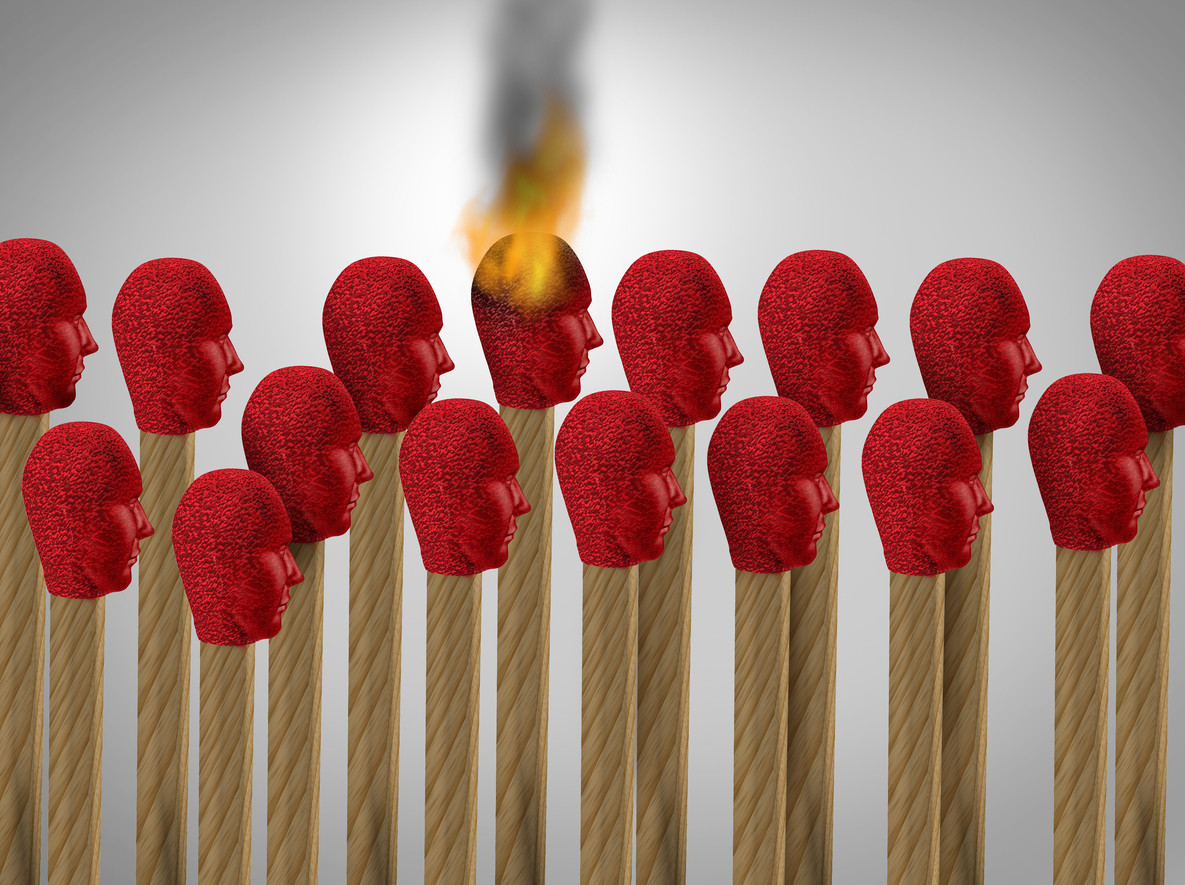Everyone gets a little stressed at their jobs now and then, but some work environments are more toxic than others. Workplace app Blind recently conducted a survey in which they asked employees at tech giants such as Microsoft, Google, and Amazon: “Are you currently suffering from job burnout?” Nearly 60 percent of the 11,500 respondents answered affirmatively.
That’s a problem because burnout can lead to stress and other health complications, including insomnia, depression, substance abuse and heart disease. No one wants to work at a job that could put them in the hospital.
Who’s the most stressed? Over 70 percent of employees at Credit Karma reported being burnt out. Reviews for the company are mixed; some love it, while others cited discrimination, harassment and workplace politics as detracting qualities—all of which increase burnout.
Other companies with a high number of burnt-out employees include Expedia, Oath, Oracle, Intuit, SnapChat, and Lyft.
Overall, 25 out of the 30 companies included in the survey have an employee burnout rate of 50 percent or more. Just five companies have an employee burnout rate below 50 percent. They are Uber (49.52 percent), Facebook (48.97 percent), Twitter (43.90 percent), and PayPal (41.82 percent).
The winner for least number of stressed-out workers is Netflix, with just 38.89 percent of employees reporting burnout. Most employees enjoy working for the company, citing high salary, balanced hours and supportive coworkers as contributing to a positive environment.
The Blind study is not the first to examine workplace stress. According to Kronos Incorporated and Future Workplace, 46 percent of human resources leaders believe employee burnout causes between 20 and 50 percent of their annual workforce turnover. Another study by Harvard Business School found that workplace stress can be costly. Some burnt-out workers experience psychological and physical problems that the U.S. healthcare system between an estimated $125 to $190 billion a year.


